Textile machinery gearboxes are specialized power transmission devices designed to meet the unique and demanding requirements of the textile manufacturing industry. Unlike general-purpose gearboxes, these gearboxes are designed to provide precise speed, high reliability, and stable torque to machines used in all stages of textile production, from fiber processing to finished fabrics. They are critical components for ensuring the efficiency, accuracy, and longevity of complex textile machinery.
Key Features
High Precision and Accuracy: Textile processes such as spinning, weaving, and printing require perfectly synchronized motion. These gearboxes feature minimal backlash and precise gear ratios to ensure constant yarn tension, uniform fabric weave, and accurate print registration.
High-Speed Operation: Many textile machines, such as spinning frames and winding machines, operate at extremely high speeds for extended periods of time. Gearboxes utilize high-quality bearings, superior lubrication systems, and dynamically balanced components to smoothly handle high speeds and avoid overheating.
Durability and Reliability: These gearboxes are designed for 24/7 operation in harsh environments and feature rugged construction, typically featuring cast iron housings. High-quality materials for gears and shafts (such as hardened and ground alloy steel) ensure long service life and minimize costly downtime.
Low Noise and Vibration: A quiet and stable operating environment is essential for high-quality textile production. Precision-ground gears (typically helical) and a rugged housing significantly reduce operating noise and vibration, preventing defects in the end product.
Compact and Integrated Design: In textile mills, floor space is crucial. These gearboxes typically feature a compact, modular design, allowing for easy integration into complex machinery. Many offer a variety of mounting configurations (e.g., shaft-mounted, flange-mounted) to accommodate specific machine layouts.
Energy Efficiency: Modern textile gearboxes focus on reducing operating costs and are designed to achieve high transmission efficiency (typically >95%). This minimizes power loss, reduces energy consumption, and lowers the plant's overall carbon footprint.
Harsh Environment Resistance: Textile production environments can be filled with fiber dust, humidity, and fluctuating temperatures. Gearboxes utilize superior sealing designs (such as high-quality oil seals) to prevent contamination from lint and dust, ensuring that internal components remain clean and well lubricated.



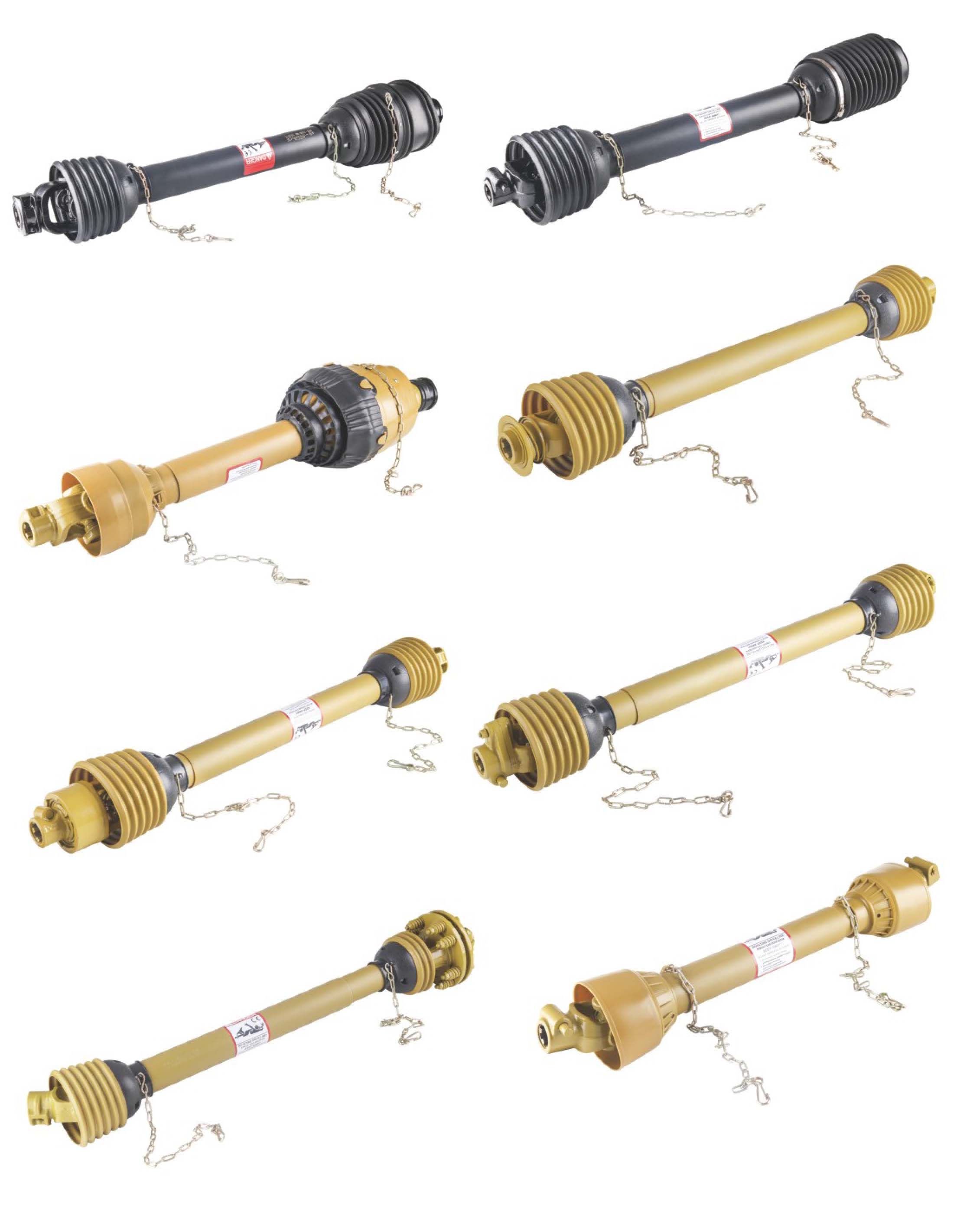

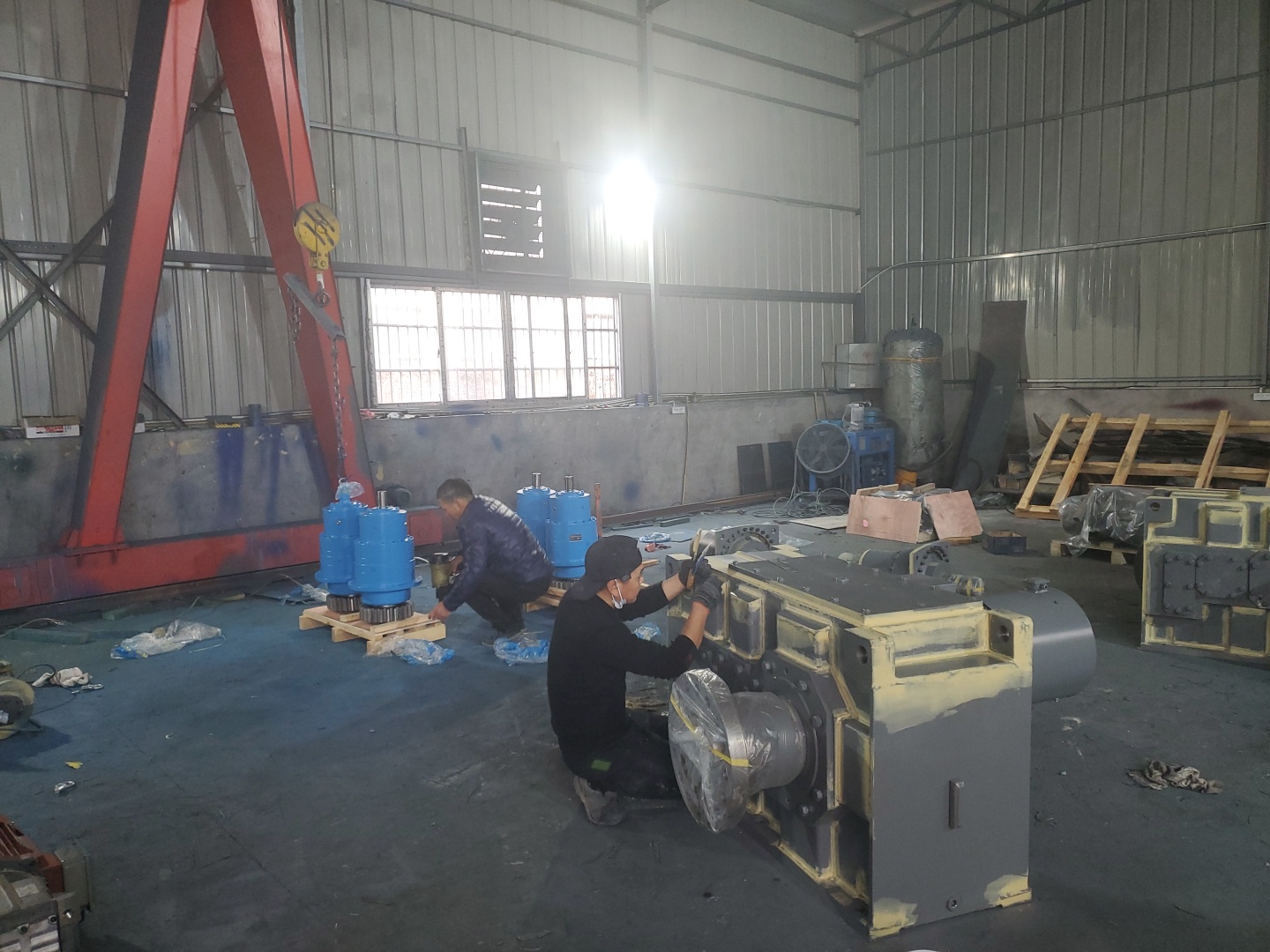
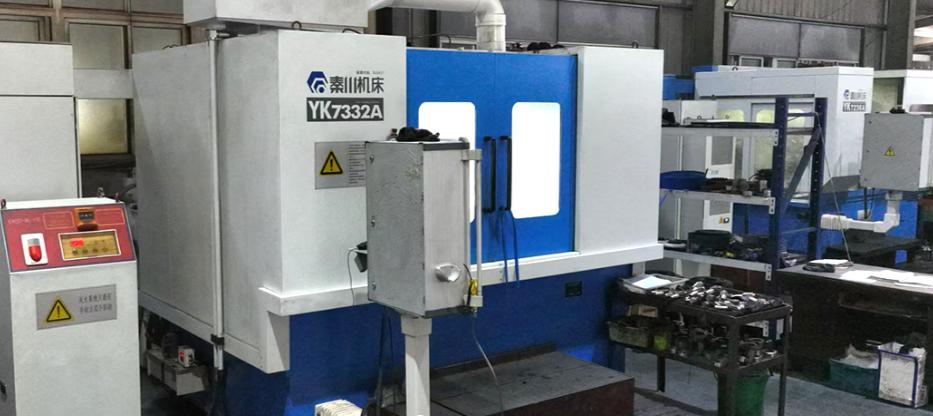
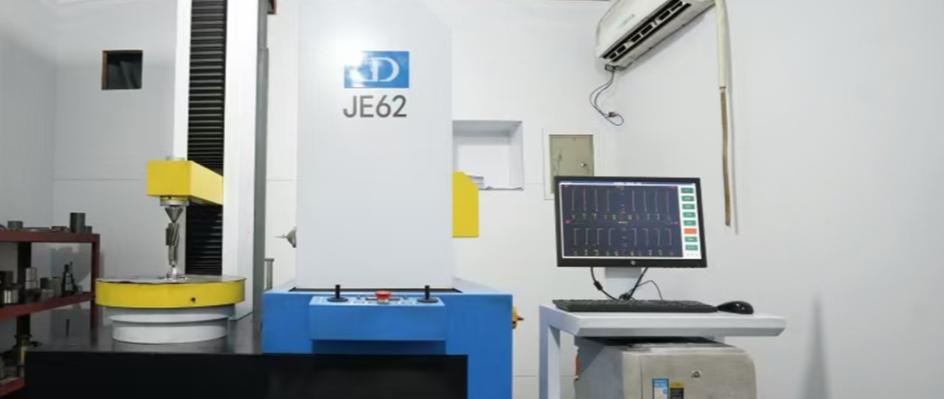
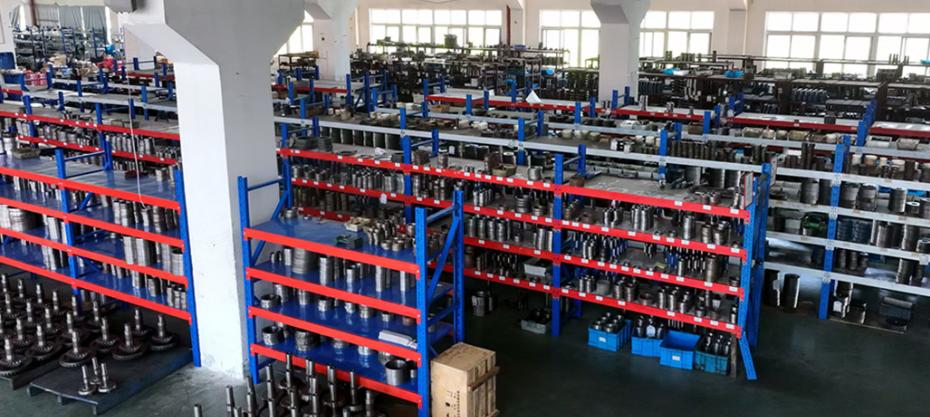
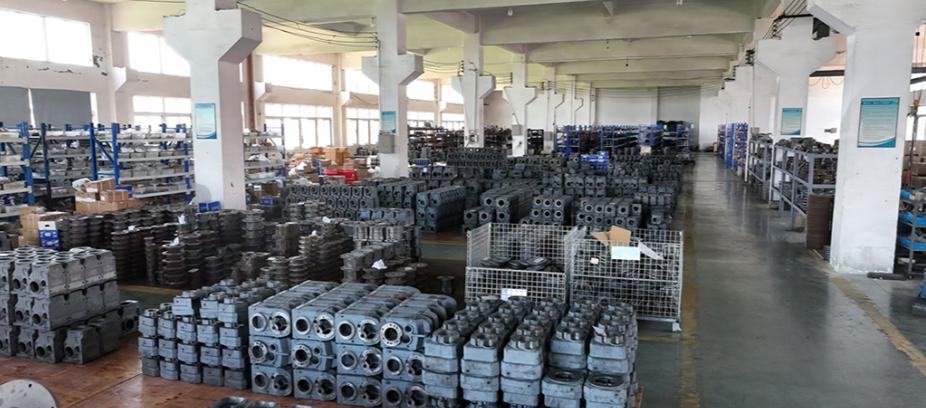
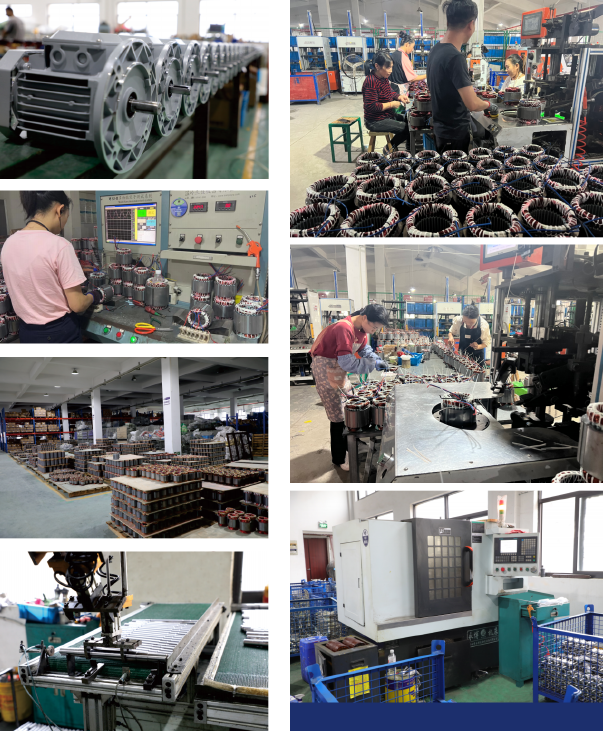
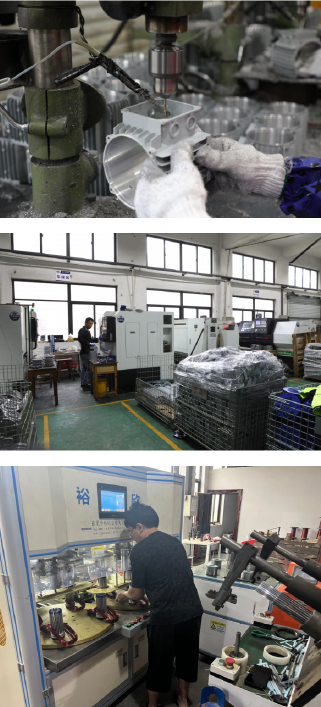



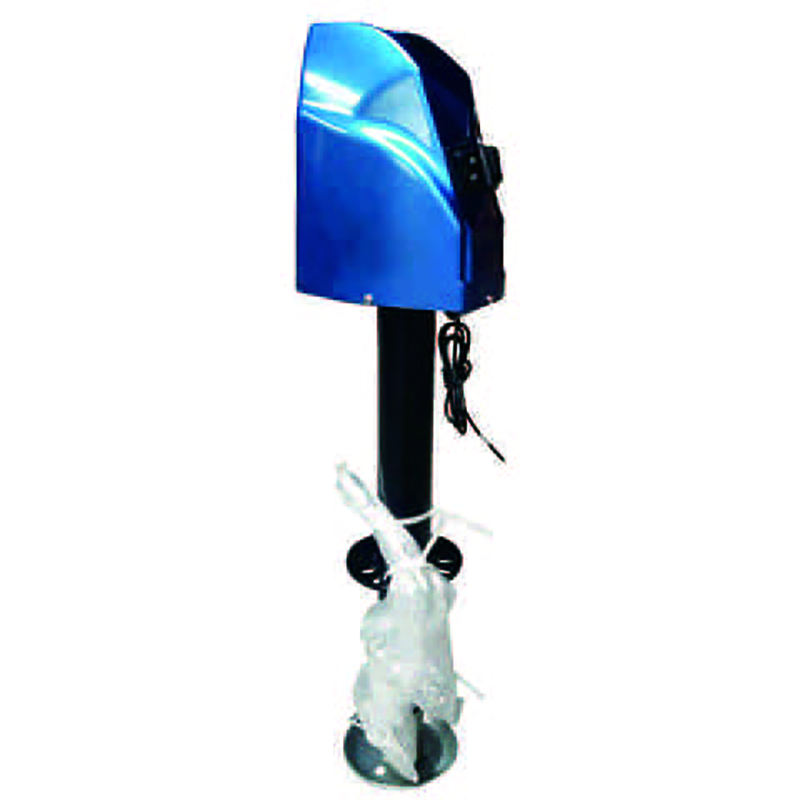 1BJY-324 4000LBS Capacity New Condition 12v Motor Trailer Electric Jack Parts and Accessories
1BJY-324 4000LBS Capacity New Condition 12v Motor Trailer Electric Jack Parts and Accessories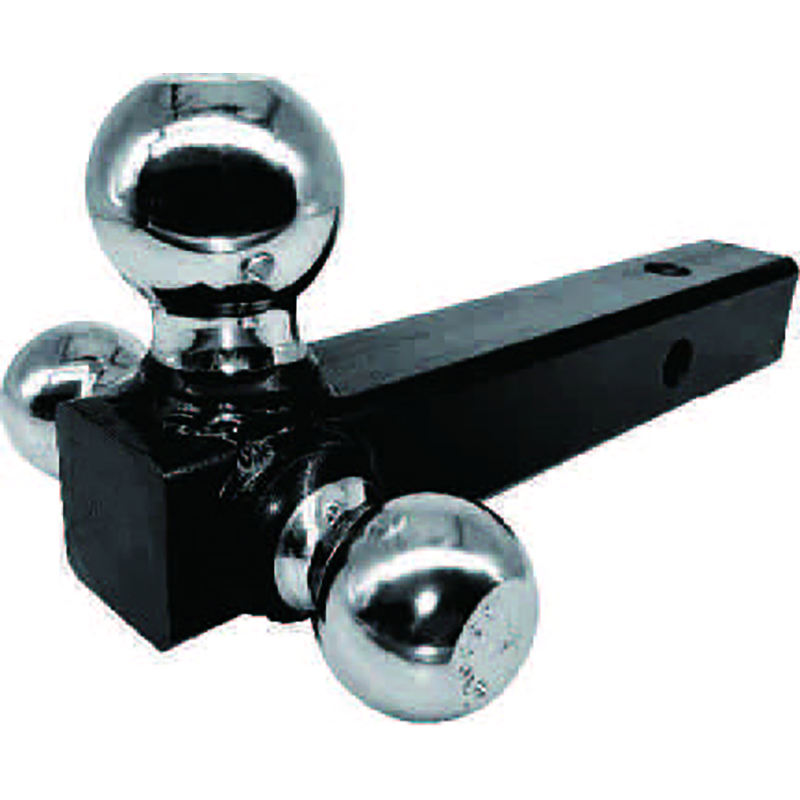 1BJY-HM-30 Chrome Ball Multi-Ball Mount New Condition Trailer Parts and Accessories with Clevis Hook Capacity 5000lbs
1BJY-HM-30 Chrome Ball Multi-Ball Mount New Condition Trailer Parts and Accessories with Clevis Hook Capacity 5000lbs 1BJY-A05 New Australian Coupler Equipped 3500KG Capacity Trailer Parts and Accessories with 50mm Ball Size
1BJY-A05 New Australian Coupler Equipped 3500KG Capacity Trailer Parts and Accessories with 50mm Ball Size Customized 40 Short Pitch Stainless Steel Extended Pin Roller Chain and Sprockets for Restaurant Industries
Customized 40 Short Pitch Stainless Steel Extended Pin Roller Chain and Sprockets for Restaurant Industries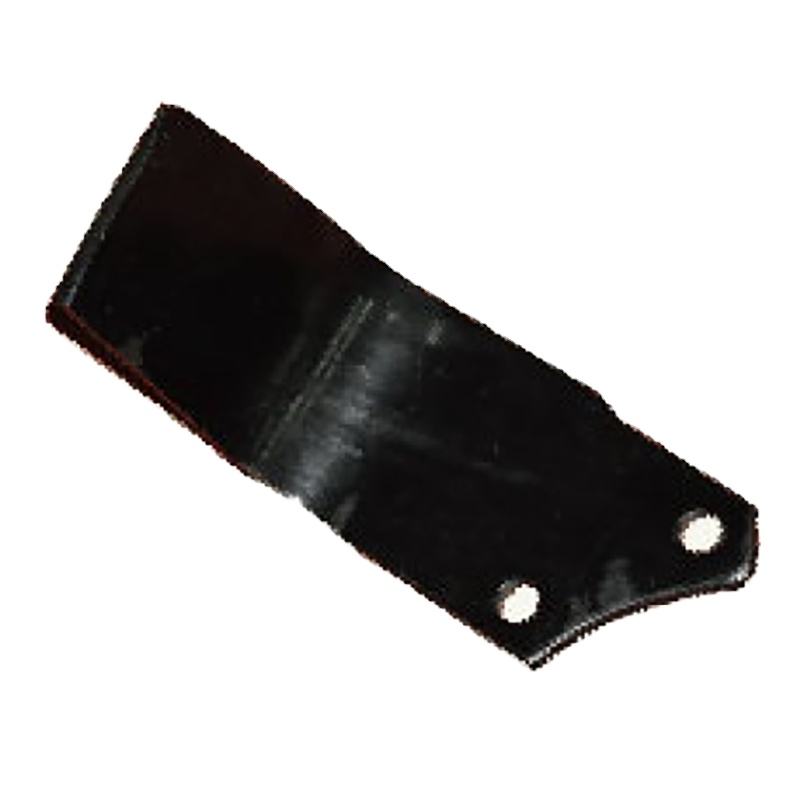 XG-4 High Quality Customized Rotary Tiller Blade Agricultural Machinery Part for Rotary Tiller Machine
XG-4 High Quality Customized Rotary Tiller Blade Agricultural Machinery Part for Rotary Tiller Machine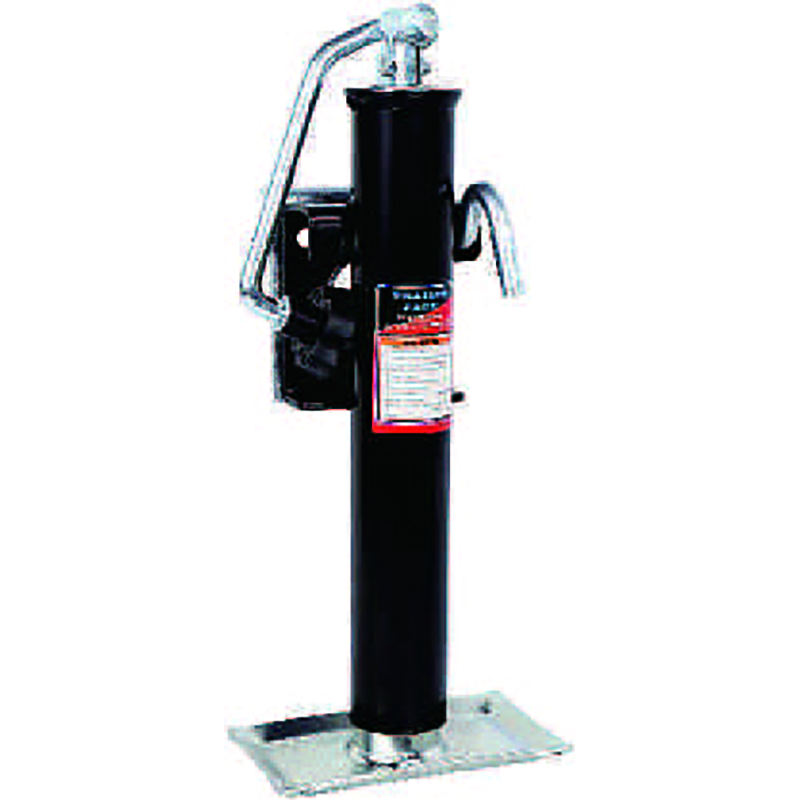 1BJY-TJ-15 New Weld-On Pipe-Mount Trailer Jack 5000LBS Capacity with Parts and Accessories Featuring Swivel Feature
1BJY-TJ-15 New Weld-On Pipe-Mount Trailer Jack 5000LBS Capacity with Parts and Accessories Featuring Swivel Feature